Category:History

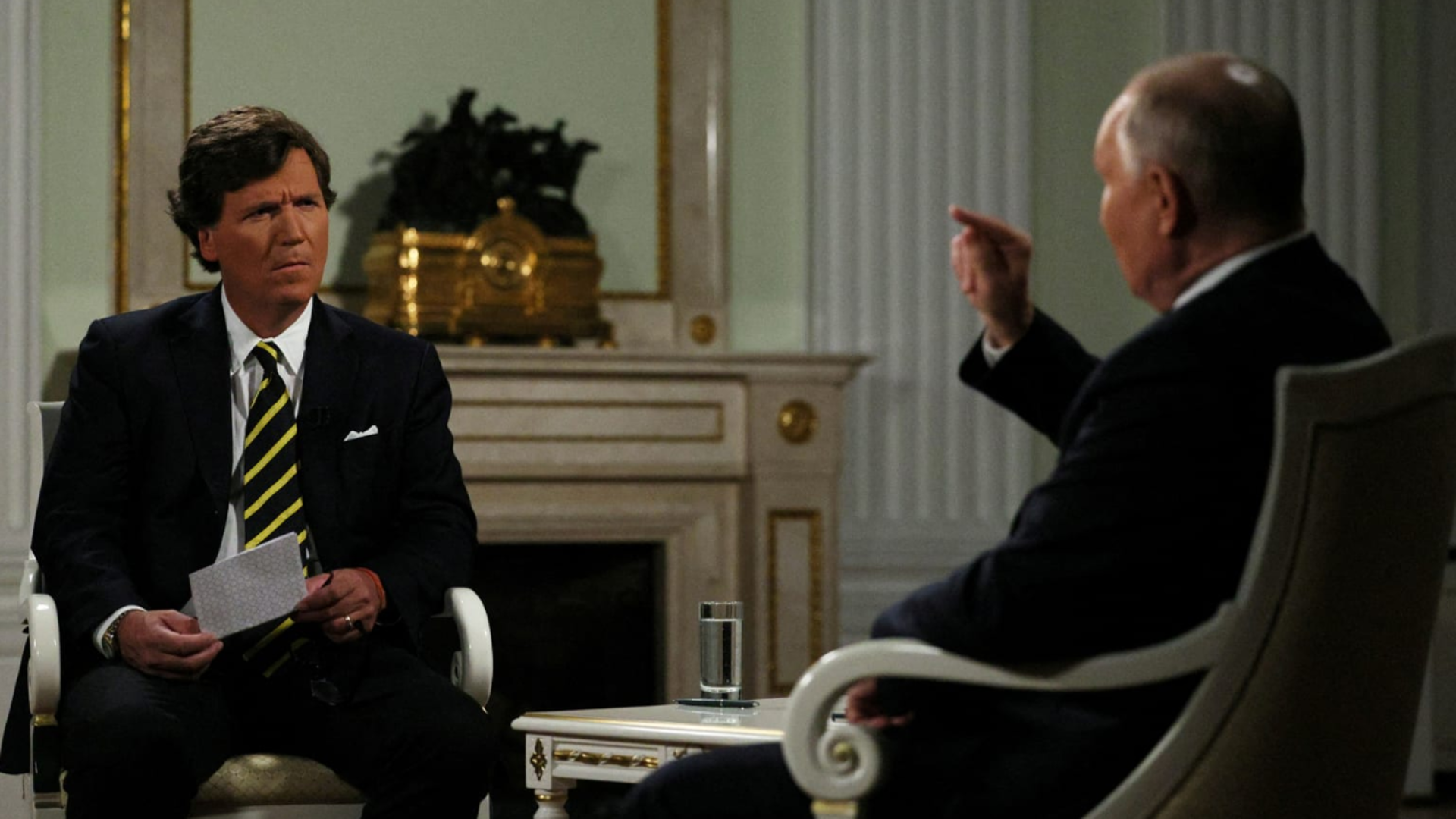
Debunking Putin’s Alternative “History”
February 23, 2024 | Post
Two years on from Putin’s invasion of Ukraine, let’s examine and debunk some of the bogus justifications put forth by the fascist regime in Moscow and Putin’s alternative “history” that he uses in his attempts to delegitimize the Ukrainian nation.
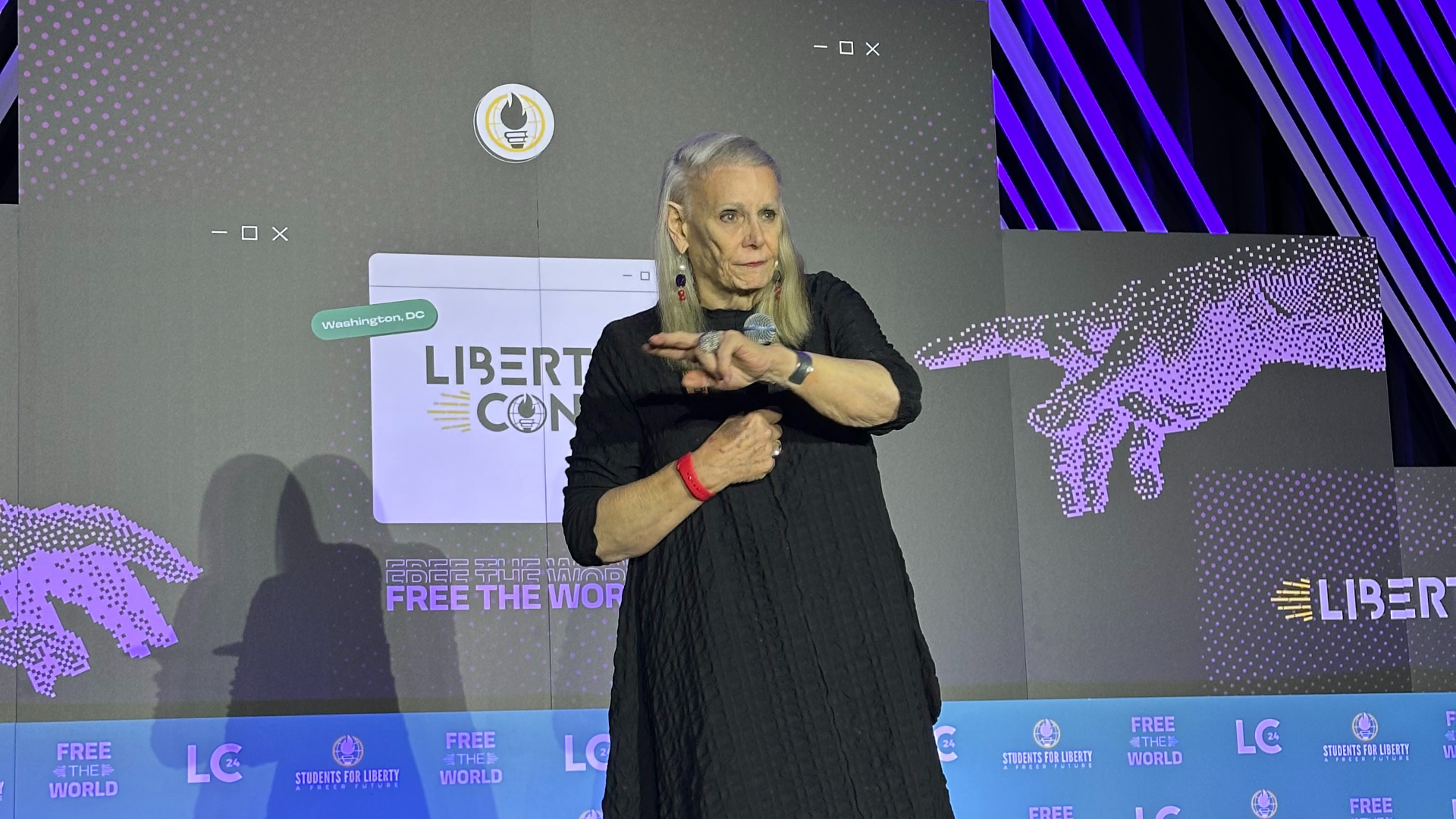
Deirdre McCloskey: ‘The pursuit of freedom has unleashed unprecedented innovation, prosperity, and social transformation’
February 21, 2024 | Post
Deirdre McCloskey, renowned economist and advocate for liberal values, delivered a stirring address at LibertyCon International, captivating attendees with her insights into the importance of liberty in fostering human flourishing and societal progress.
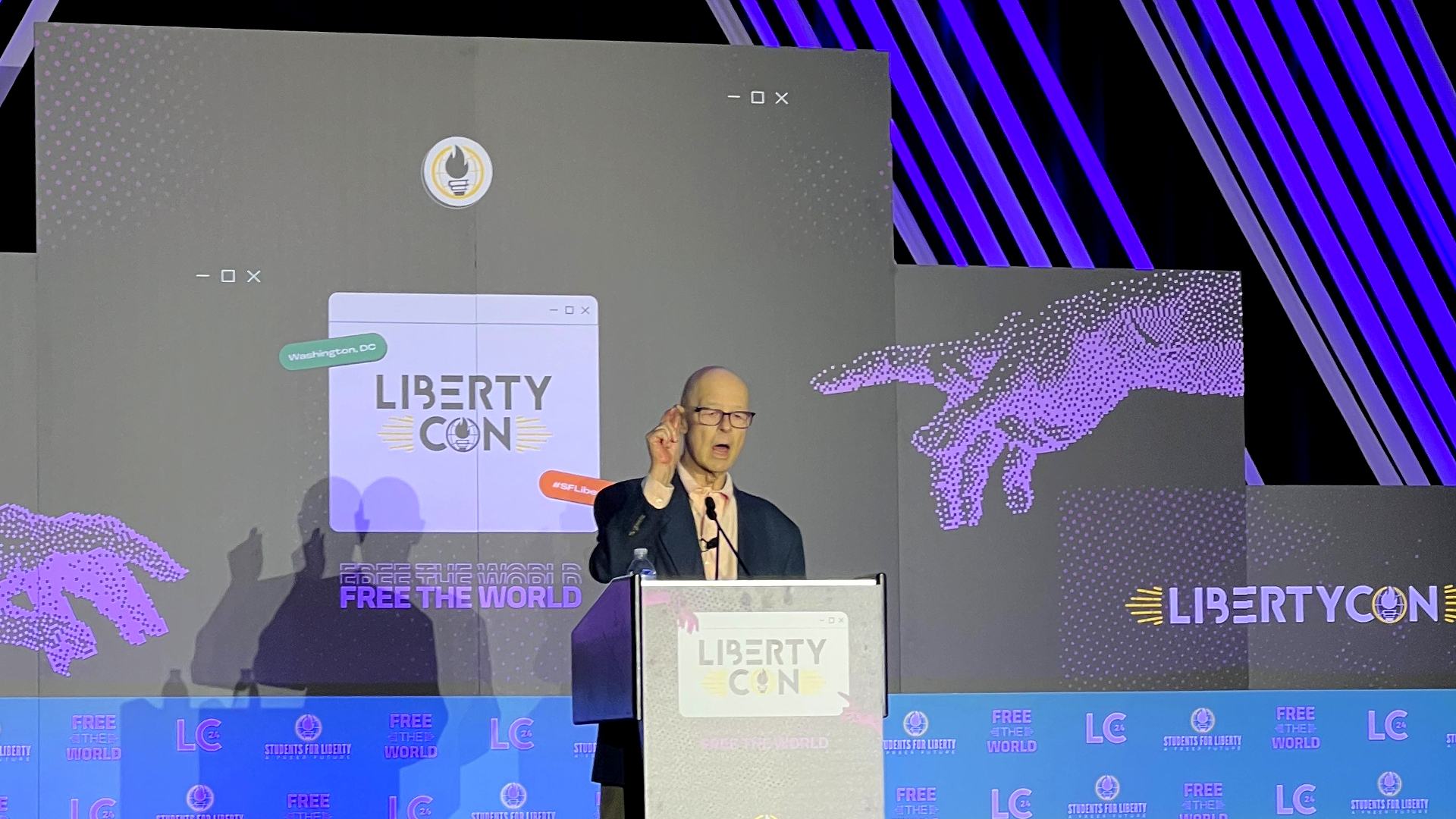
David Boaz: ‘Fight illiberalism and authoritarianism wherever you find it’
February 21, 2024 | Post
At LibertyCon International, David Boaz urged the liberty movement to “fight illiberalism and authoritarianism wherever you find it.”

The Soviet Union’s terrible legacy on democracy and minority rights
February 7, 2024 | Post
Since they first seized power, Soviet leaders have claimed their “democracy” to be the best in history. However, their understanding of democracy differs significantly from that of the United States and other Western nations.
This second piece of a series addressing myths about the Union of Soviet Socialist Republics (USSR) will focus on the country’s strange legacy on democracy and minority rights.
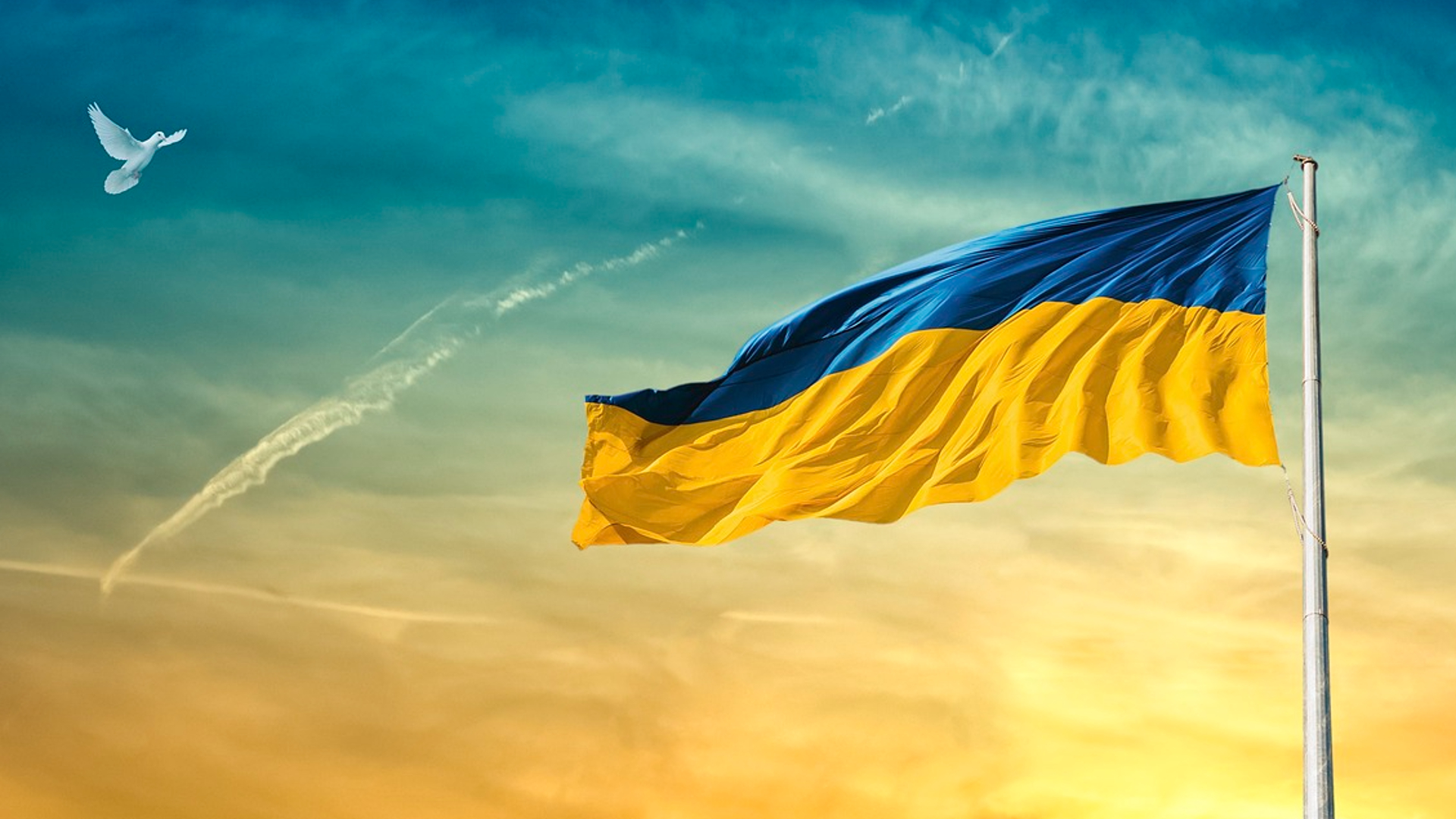
There is only one colonizer in Ukraine, and it isn’t the West
January 16, 2024 | Post
Amid the ongoing war in Ukraine, Vladimir Putin and the Russian state — along with many gullible voices in the West — assert that Ukraine is a victim of Western colonialism and expansionism.
Indeed, Putin’s narrative frames Russia’s invasion as a supposed liberation of Ukraine from nefarious external influences.
However, an examination of history reveals a starkly different truth — one deeply rooted in centuries of Russian colonialism and expansionism.

A martyr for free speech: Helmuth Hübener
October 17, 2023 | Post
Today, 62% of Americans have political views they are afraid to share. Despite the extensive legal protections for freedom of speech in America, I worry the attitude and spirit of freedom will decay despite legal guarantees. To remedy this, I believe it is important to learn about the example of Helmuth Hübener, a German teenager who defied the Nazi regime and became a martyr for freedom.
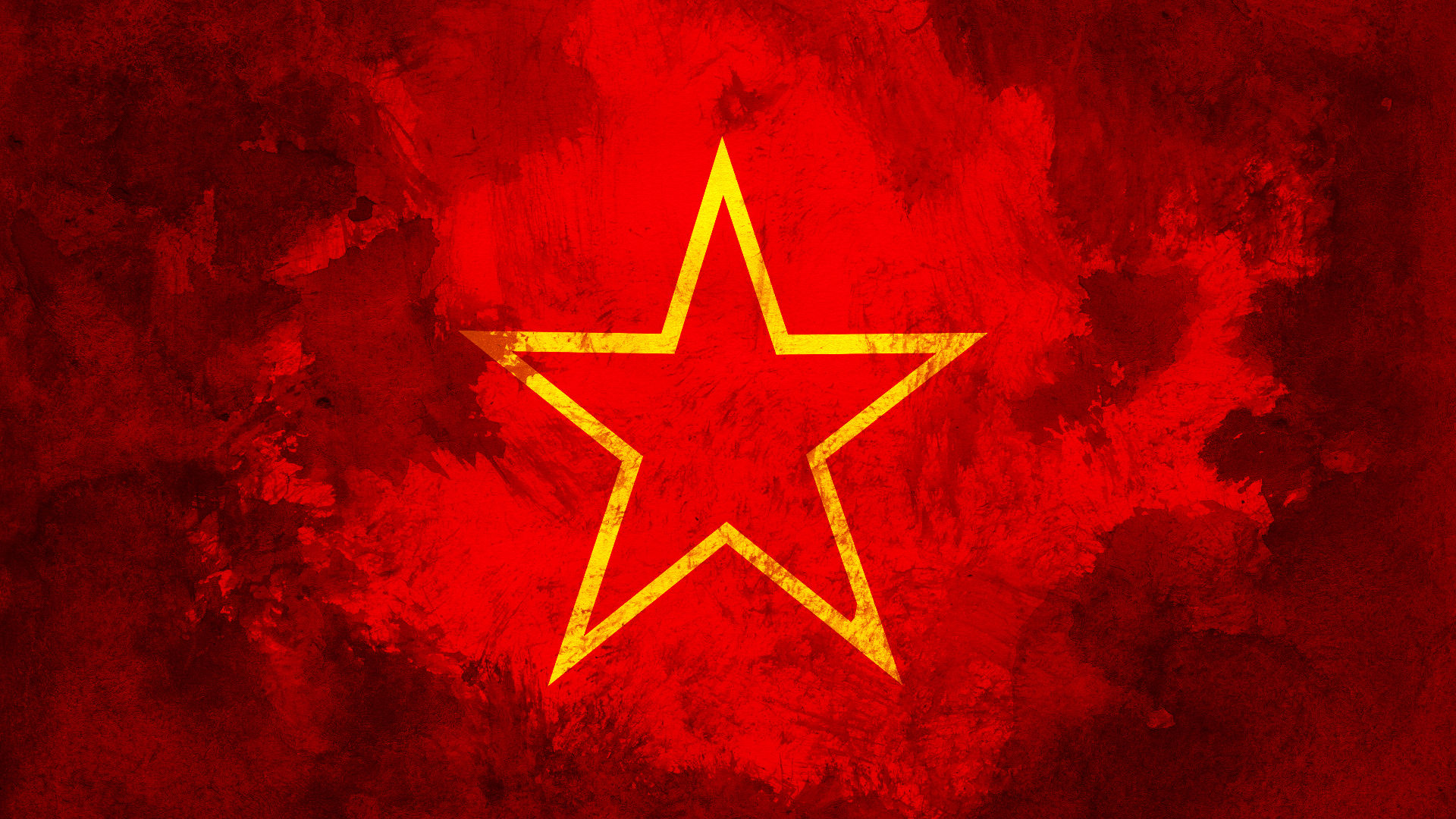
Why is communism still a thing in Portugal?
September 22, 2023 | Post
On March 6, 2021, the streets of several Portuguese cities were adorned with communist flags and other decorations. These scenes looked like they were straight out of the Soviet Union or perhaps a present-day communist country. In reality, though, we’re talking about cities like Lisbon or Porto. But why is communism still a thing in Portugal?
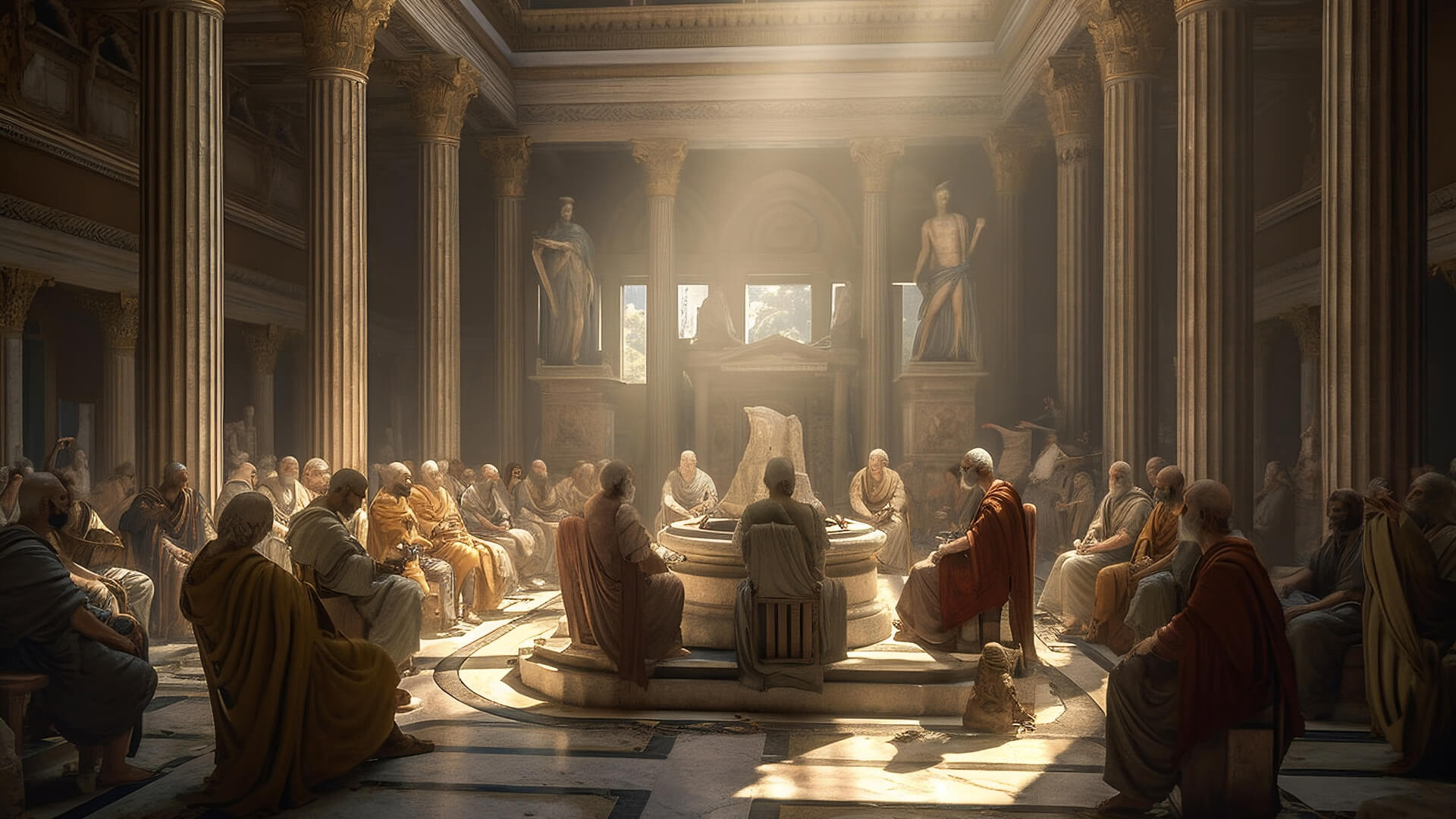
The philosophical journey of liberty: from Antiquity to the Age of Revolution
September 5, 2023 | Post
After its extensive development in Greece and (to a lesser extent) Rome, the notion of liberty was largely forgotten during the subsequent medieval era. During this time, a culture of intense military domination emerged, leading the European population to submit to regimes that caused a decline in both political and individual autonomy, and consigning ancient Greek democratic institutions to history.
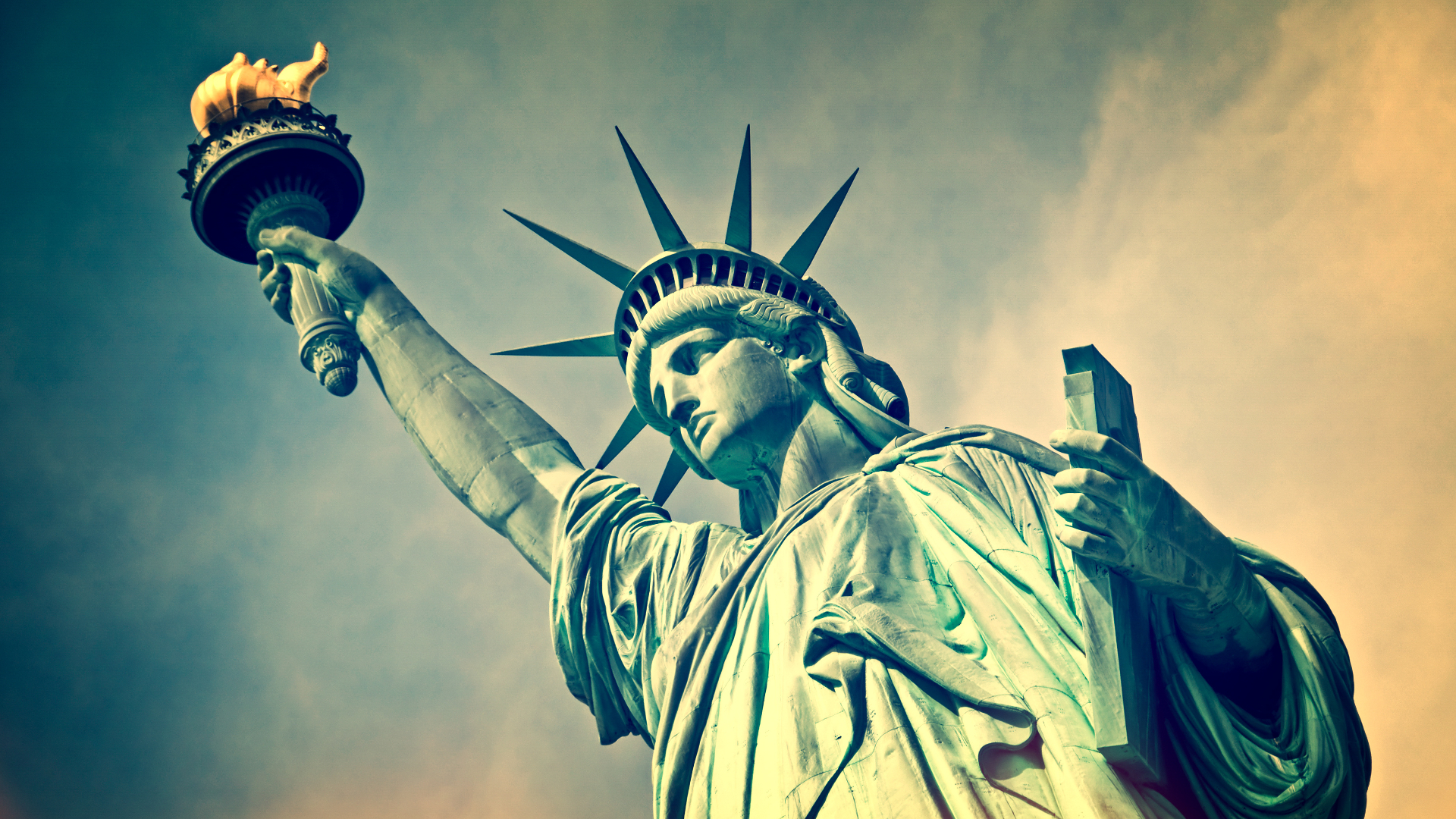
The origins of libertarianism
August 3, 2023 | Post
Within the world of political spectrums, one ideology stands out for its axioms, principles, and ethics: libertarianism. It is a political philosophy based on the idea that the individual is the sole owner of oneself and therefore has the right to exercise their freedom without external interference, as long as it does not harm the freedom of others.
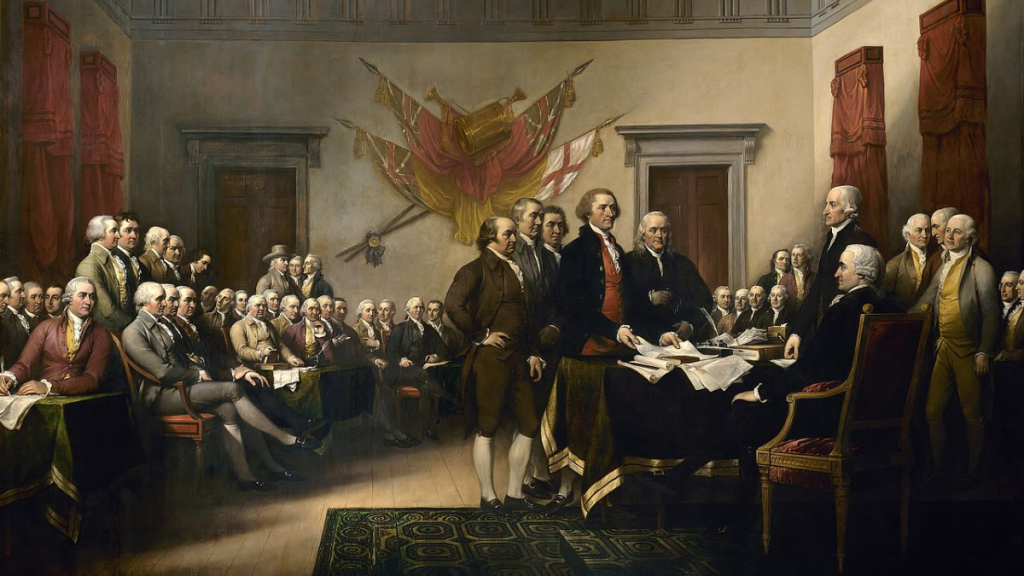
The two ideas that made America
July 3, 2023 | Post
The American Revolution: That moment when we declared independence from Great Britain and created an unprecedented new society. While we all know the basic details, most people don’t stop to ask exactly why the Founders declared independence from a powerful empire.

How classical liberalism played a crucial role in advancing LGBTQ+ rights
June 28, 2023 | Post
Classical liberalism, with its emphasis on individual liberties and limited government intervention, has played a crucial role in advancing the rights of the LGBTQ+ community throughout history.
By advocating for principles such as individual liberty, reason, fundamental rights, and equal treatment under the law, classical liberal ideas have challenged societal norms, fought against oppression, and paved the way for greater acceptance and inclusion.
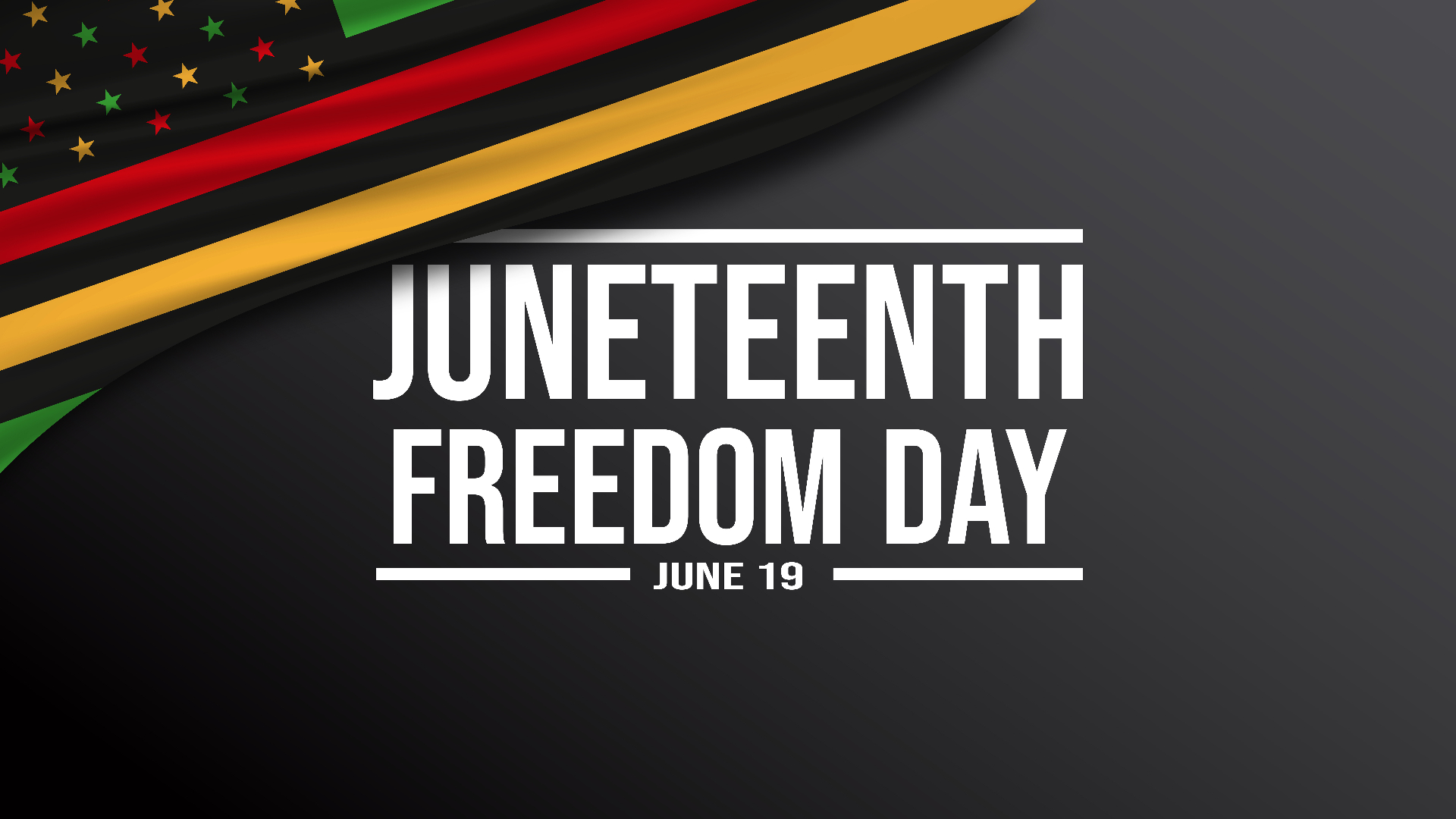
A classical liberal perspective on the significance of Juneteenth
June 19, 2023 | Post
Juneteenth has long served as an occasion to commemorate and celebrate the end of slavery in the American South. What are the key points involved in America’s newest federal holiday from a classical liberal perspective?
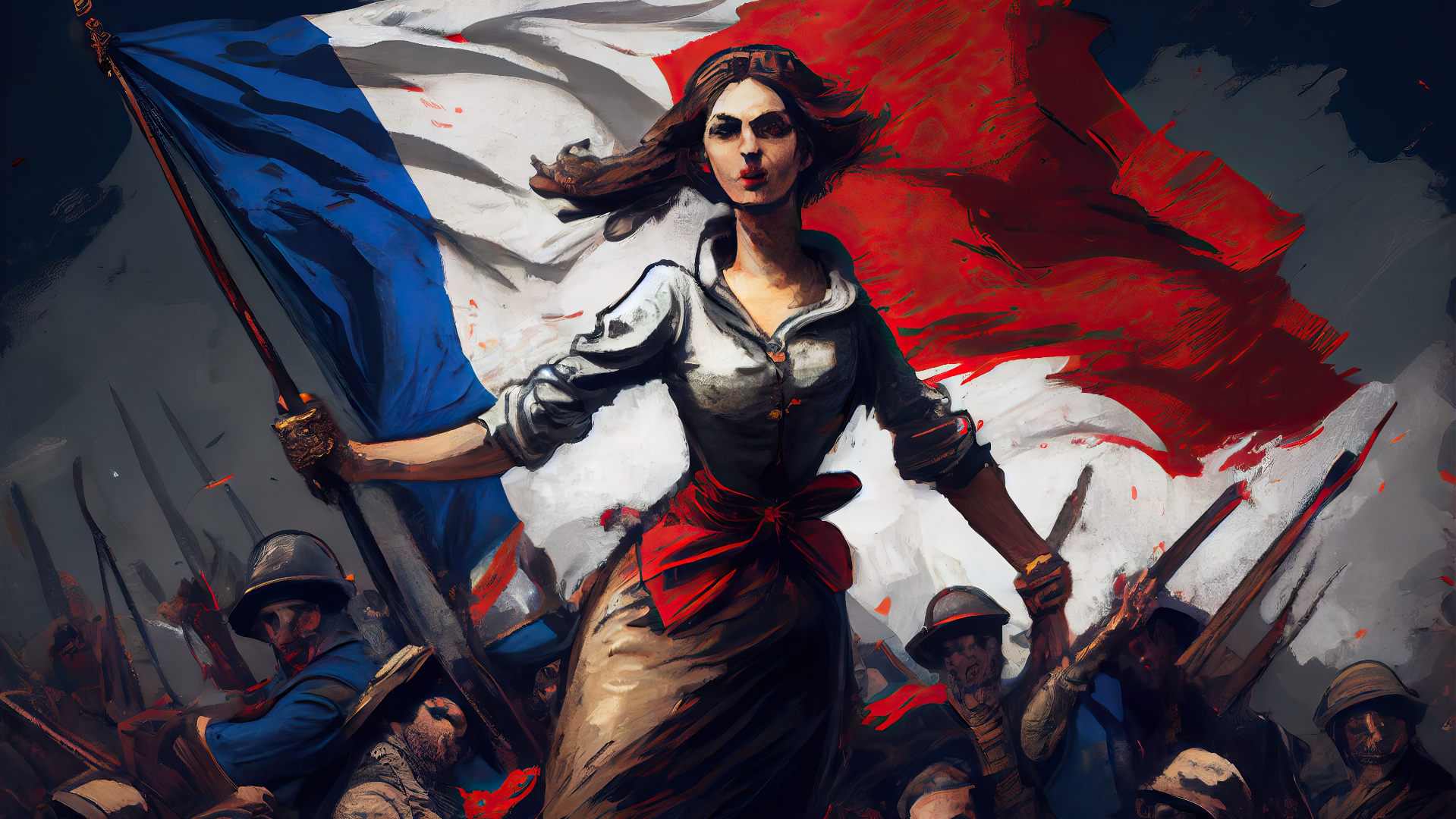
Debunking 3 myths about the French Revolution
June 14, 2023 | Post
The French Revolution is a pivotal event in history that brought significant political and social changes to France. However, there are many longstanding misconceptions surrounding this series of events.
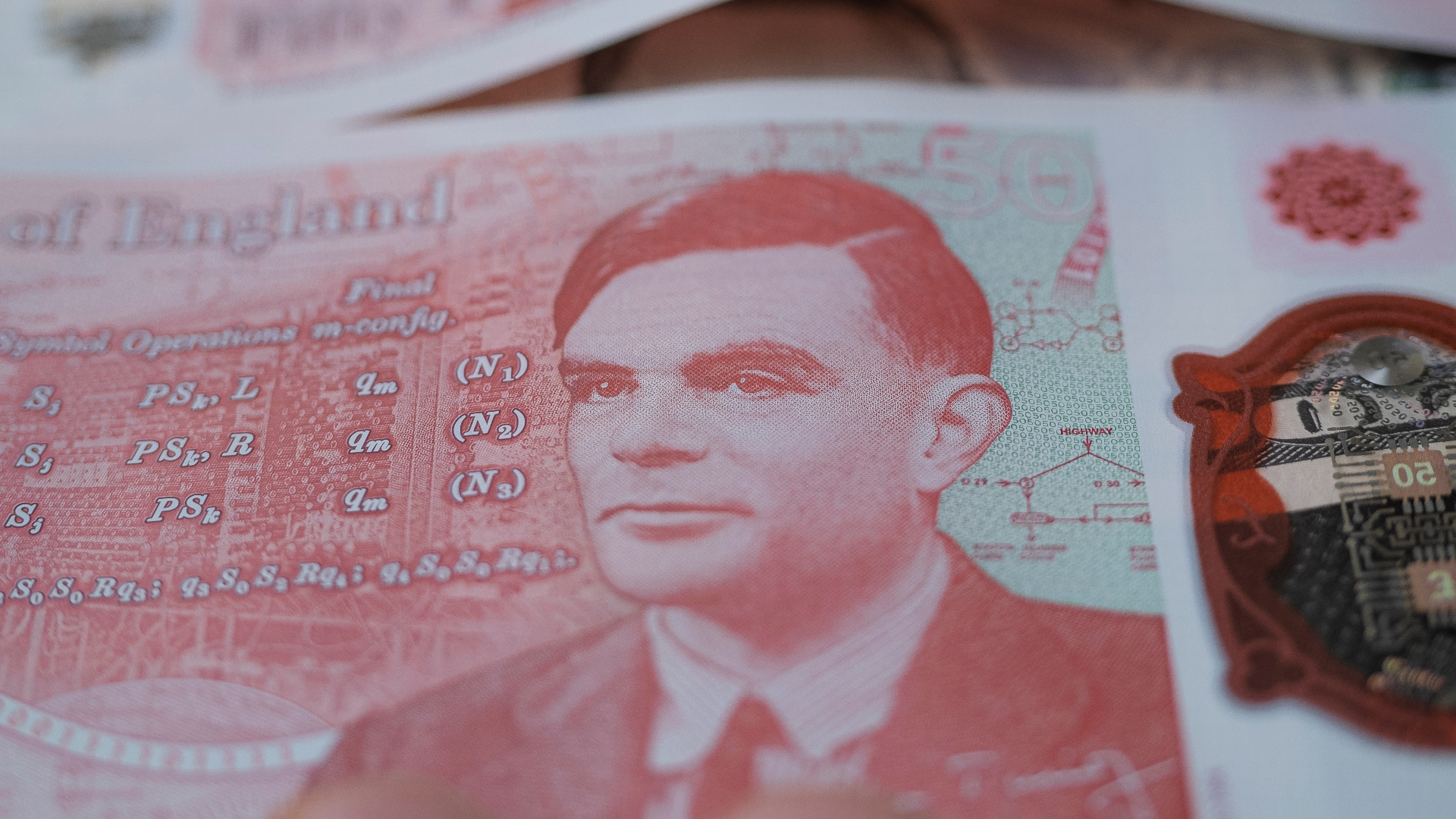
How Alan Turing’s tragic tale epitomizes LGBTQ+ persecution by governments
June 13, 2023 | Post
Alan Turing was an English mathematician, cryptanalyst, and computer scientist who played a pivotal role in deciphering intercepted enemy communications during World War II. However, Turing was later persecuted by the British state due to his homosexuality. His story epitomizes the persecution of LGBTQ+ by governments
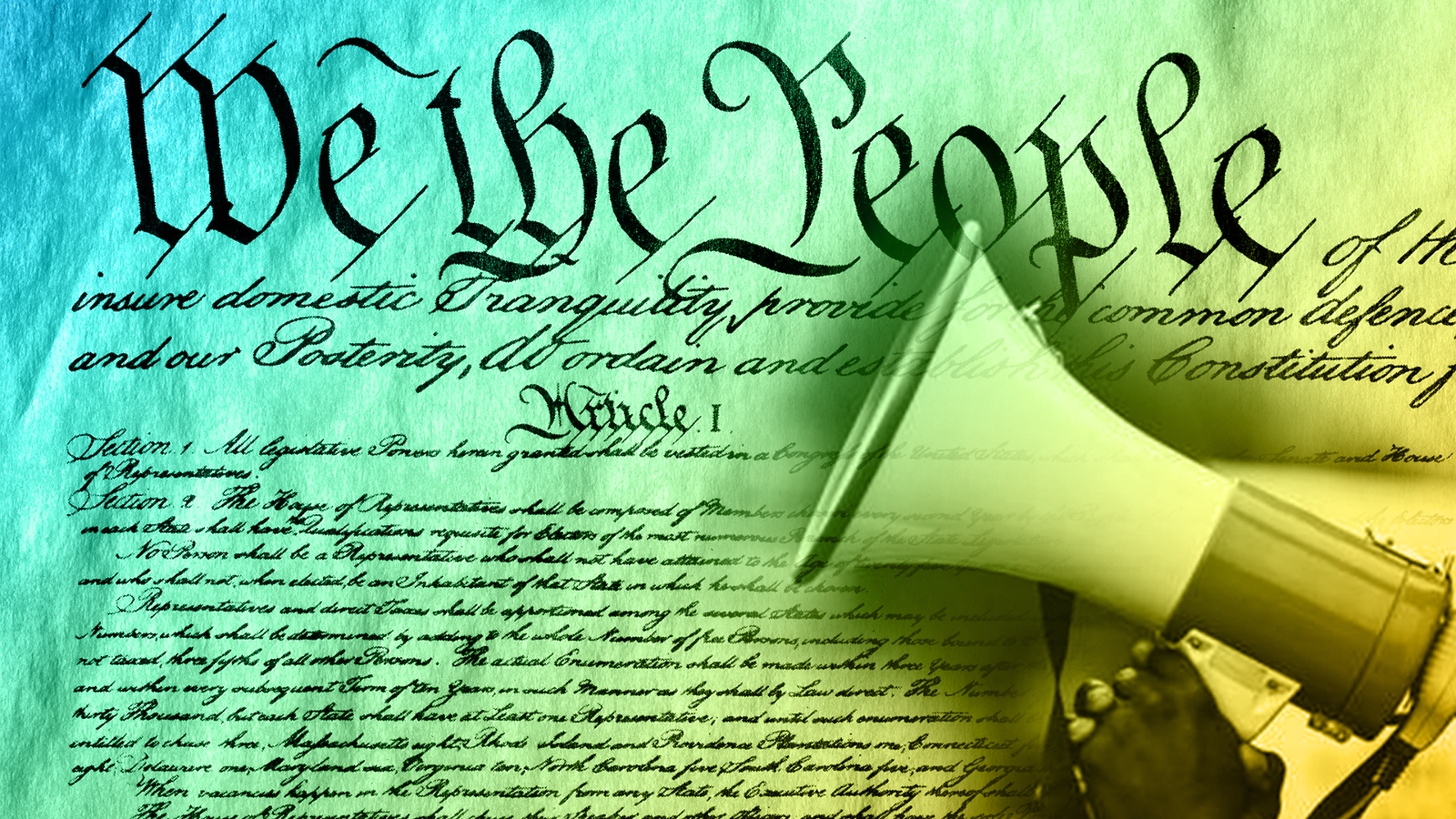
A history of free speech in America
June 8, 2023 | Post
The history of free speech in the United States is a complex and fascinating topic, deeply rooted in the nation’s founding principles. The First Amendment to the U.S. Constitution, ratified in 1791, protects the right to free speech, along with freedom of religion, the press, assembly, and petition.
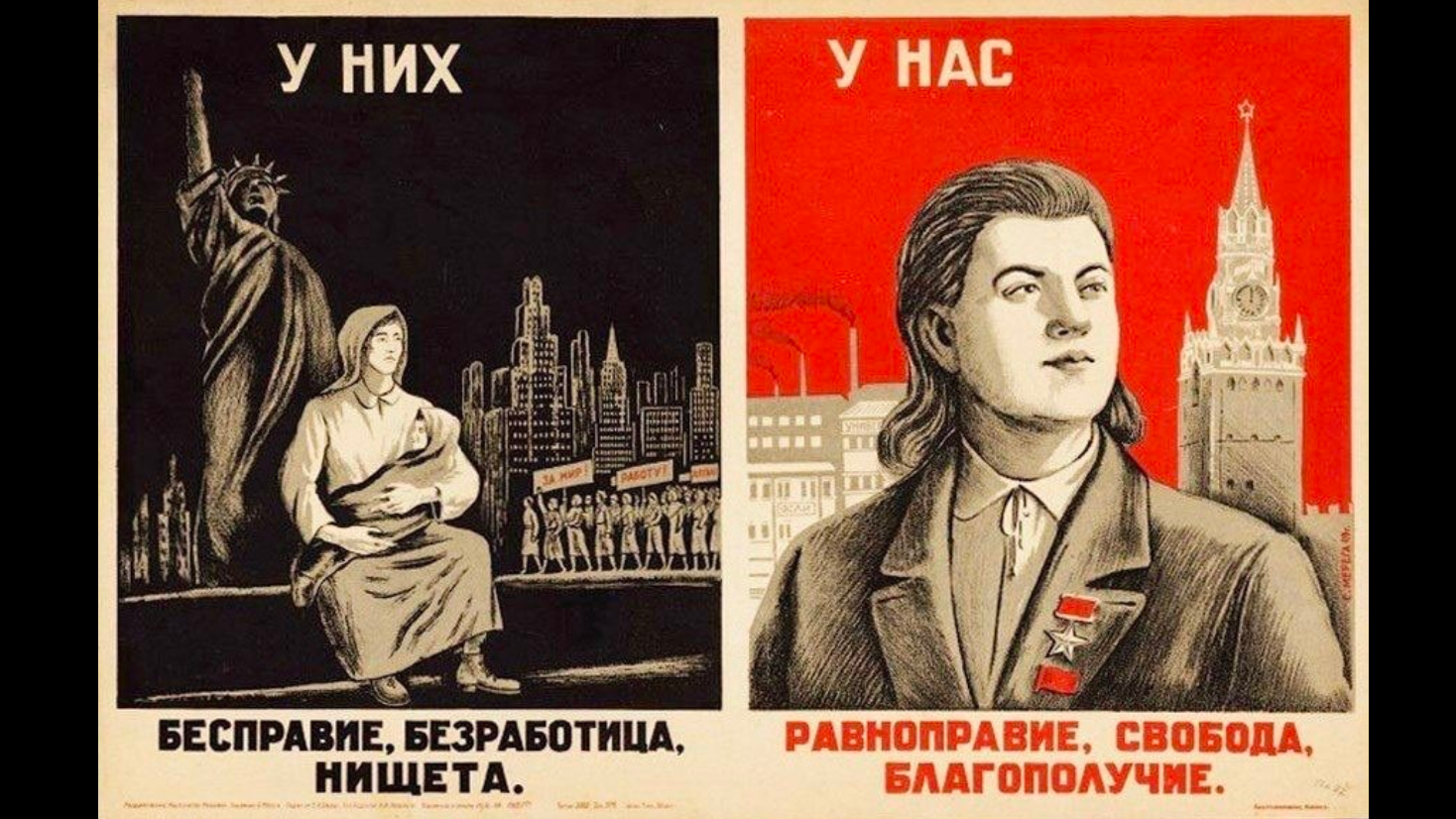
Don’t be fooled, life in the Soviet Union was awful
June 5, 2023 | Post
In this first piece of a series addressing myths about the Soviet Union, we will focus on the issues of poverty, inequality, and quality of life…

Remembering Karl Hess on his 100th birthday
May 25, 2023 | Post
Karl Hess is a figure whose political journey was more complex and revelatory than most. His journey is one that is worth retracing today as a means of understanding the roots of contemporary libertarianism, its early flirtations with radical countercultural politics, and the outdated left-right political paradigm
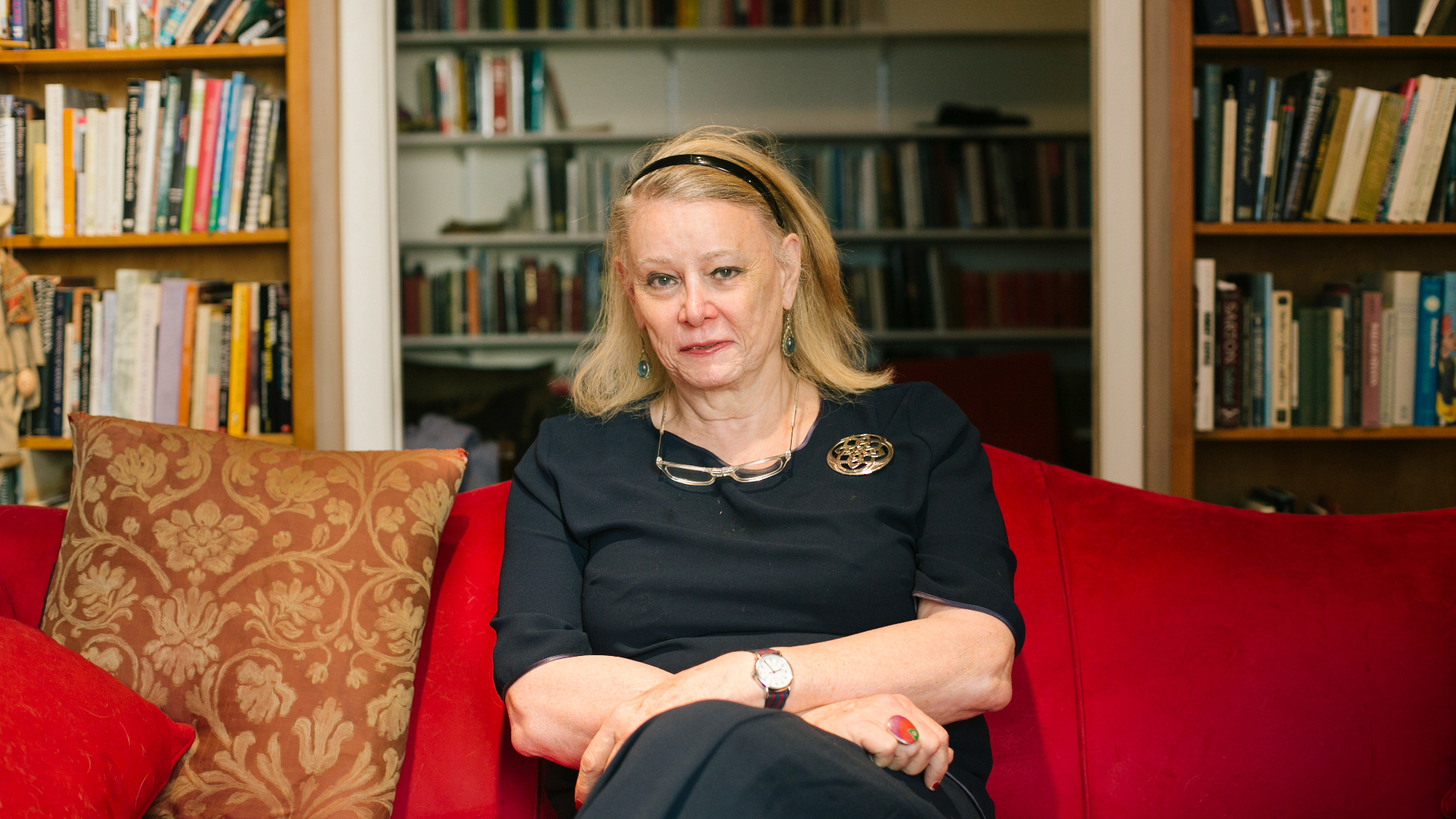
Unleashing the power of rhetoric: how Deirdre McCloskey transformed the landscape of economics
May 24, 2023 | Post
In a world dominated by numbers and equations, one economist dared to challenge the status quo and unveil the true power of persuasive language. Meet Deirdre McCloskey, a visionary economist, historian, and writer whose groundbreaking ideas have reshaped the way we understand economic progress.

4 things you probably never knew about John Stuart Mill
May 16, 2023 | Post
John Stuart Mill was born 217 years ago, on May 20, 1806, and is remembered as one of the most foundational classical liberal philosophers and political economists to this day. Here are some things that you might not have guessed about John Stuart Mill.

The Declaration of Independence says we have the right to overthrow the government
May 12, 2023 | Post
The right to overthrow a government remains an important principle to uphold, as it serves as a check on government power. It is a reminder that governments exist to serve the people, not the other way around. The possibility of revolution also serves as a deterrent against abuses of power and as a last resort when all other avenues have failed.

F.A. Hayek accomplished several careers’ worth of economic achievements in one lifetime
May 8, 2023 | Post
Each of his separate bodies of work would constitute a monumental achievement. Hayek did it all over the course of a single career that established him as one of the most important social thinkers of the 20th century.
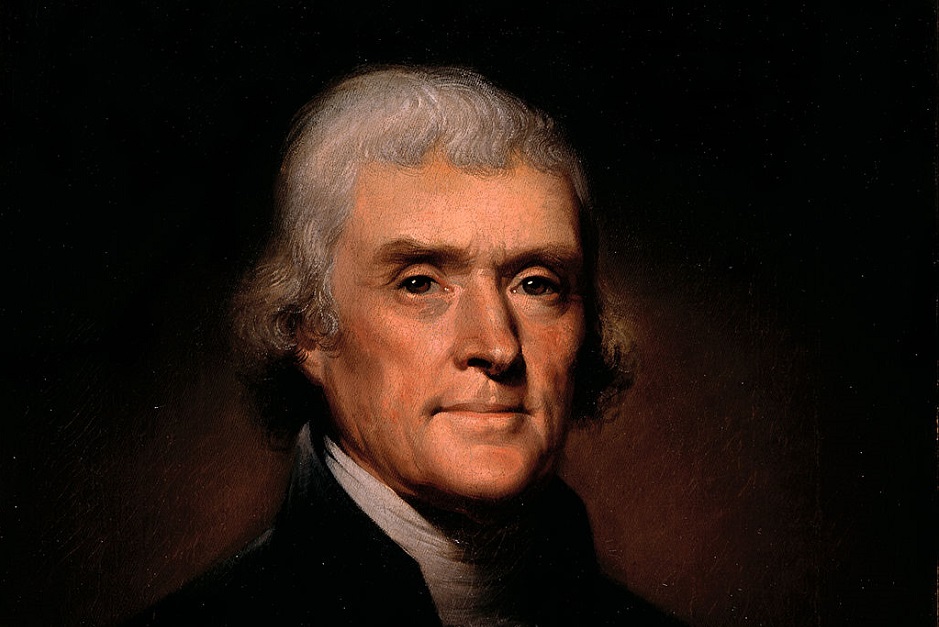
280 years later, here’s how Thomas Jefferson is still shaping our society
April 13, 2023 | Post
As we commemorate Thomas Jefferson’s 273rd birthday (he was born on April 13th, 1743) we could certainly remember him for more than one accomplishment. But one contribution in particular really does stand out.

Is Covid China’s Chernobyl?
April 4, 2023 | Post
Just as COVID has changed our lives in many ways since 2020, Chernobyl changed the world in 1986. These were two great disasters emanating from two major communist nations. The results and consequences of both will affect us for a very long time, maybe even forever.
As many will know, Chernobyl was instrumental in accelerating the end of the Soviet Union and is critical to our understanding of this period. However, could COVID be the key to understanding, in the future, perhaps, the end of Communist China?
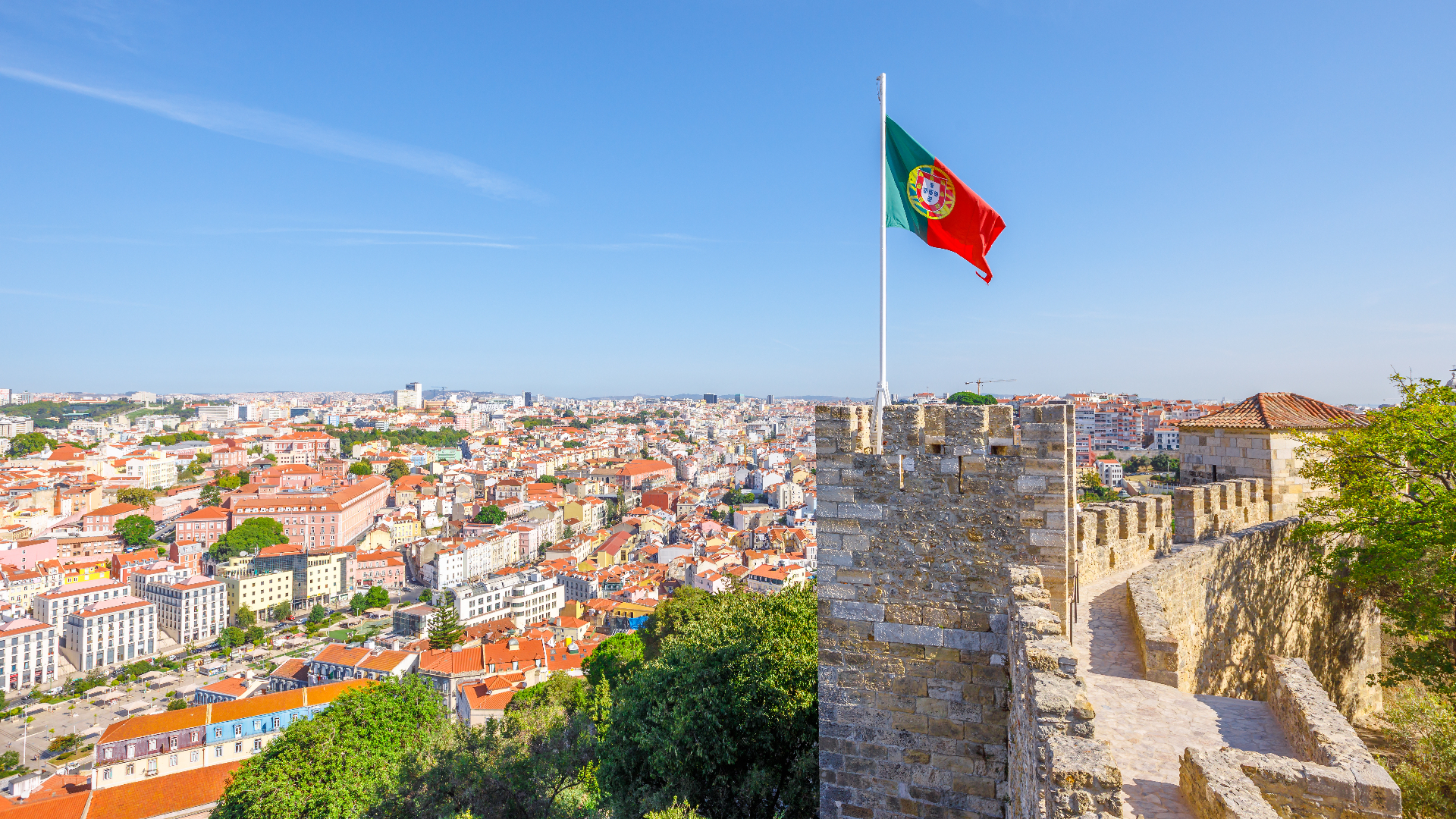
A legacy of liberty: the Portuguese Liberal Revolution of 1820
March 29, 2023 | Post
Many are familiar with Portugal’s Carnation Revolution that brought an end to the authoritarian Estado Novo regime in 1974 and paved the way for democracy. Still, perhaps fewer are aware of the fascinating circumstances around the country’s Liberal Revolution, which took place just over 200 years ago.

